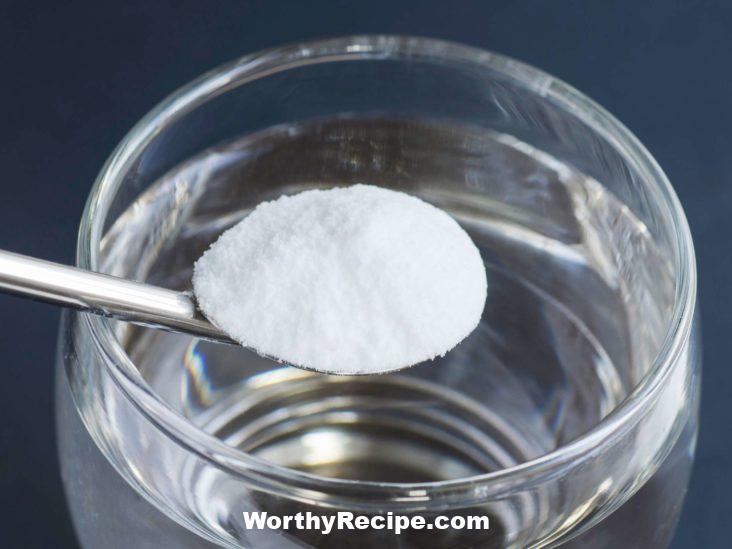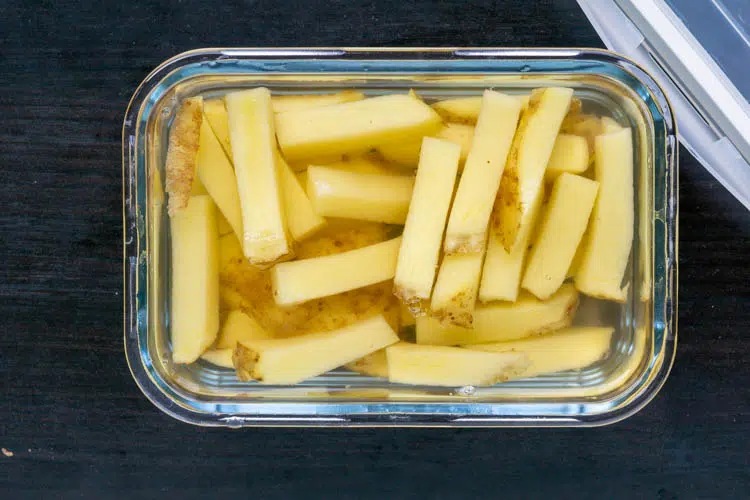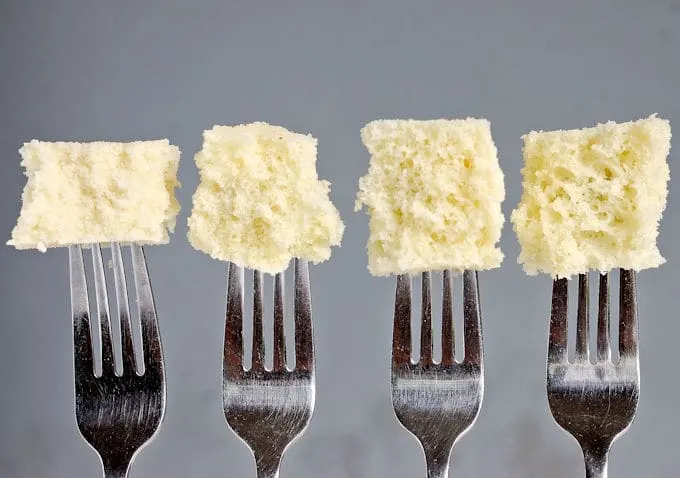Exploring the Science Behind the Claim: Is Baking Soda a Laxative?
Constipation is a common problem that affects people of all ages. A laxative is a type of medication or supplement that helps relieve constipation by promoting bowel movements. While there are various laxatives available in drugstores and health shops, some people turn to natural remedies, including baking soda as a possible solution. This article examines the scientific evidence behind the claim that baking soda is a laxative and explores if it is a safe and effective option.
The Properties of Baking Soda
Baking soda, also known as sodium bicarbonate, is a white crystalline powder with alkaline properties. It has an alkaline pH of around 8.3, which makes it ideal for neutralizing acid in various applications such as cooking, cleaning, and skincare products.
When ingested, baking soda can naturally alkalize the digestive system by counteracting stomach acid. This can theoretically help alleviate certain symptoms of indigestion such as heartburn, flatulence, and bloating. However, there is some debate about whether or not this process can actually stimulate bowel movements.
How Laxatives Work
Laxatives work by softening stools or stimulating the muscles in the intestines to produce bowel movements. There are several types of laxatives available on the market:
- Bulk-forming laxatives: these contain fiber that absorbs water and forms bulk to make stools softer and more comfortable to pass.
- Osmotic laxatives: these draw water into the intestines to soften stools and encourage bowel movements.
- Stimulant laxatives: these stimulate the intestinal muscles to help push stools out of the body.
- Lubricant laxatives: these coat the intestine and feces with a slippery substance to make bowel movements easier to pass.
All of these laxatives have different mechanisms of action, but they share the common goal of promoting bowel movements.
Studies on Baking Soda and its Laxative Properties
There is limited research on baking soda’s effectiveness as a laxative. One study published in the Journal of Ayurveda and Integrative Medicine tested the efficacy of an herbal and baking soda preparation called Avipattikara Churna for constipation relief. The study involved 30 participants and found that the preparation improved stool frequency and consistency compared to placebo.
In another case report, a 64-year-old woman who suffered from chronic constipation consumed baking soda mixed with water, which resulted in bowel movements.
While both studies suggest that baking soda may have some potential as a constipation remedy, more research is needed to confirm its effectiveness as a laxative.
Risks and Warnings
While baking soda is generally safe when used in cooking or cleaning, it can be harmful when ingested in large amounts or in combination with certain medications. Excessive intake of baking soda can lead to an electrolyte imbalance, which can cause muscle spasms, seizures, and irregular heartbeat. It can also interact with drugs such as aspirin, antacids, and diuretics. Therefore, it’s essential to speak with your healthcare provider before trying baking soda as a laxative or any other natural remedy for constipation.
Alternatives to Baking Soda for Constipation Relief
If you’re looking for natural alternatives to traditional laxatives, there are several options worth considering:
- Prunes: these are a good source of fiber and sorbitol, a natural laxative that helps soften stools.
- Fiber-rich foods: such as beans, broccoli, whole grains, nuts, and seeds can help move stool more efficiently through the digestive system.
- Herbal teas: such as senna leaf, ginger, and dandelion root can help stimulate bowel movements.
- Magnesium: a mineral that softens stools and promotes regularity. You can take magnesium supplements or use Epsom salt baths to increase your intake.
Best Practices for Using Baking Soda as a Laxative
If you are considering using baking soda to help relieve constipation, it’s essential to use it safely and responsibly. Here are some best practices to keep in mind:
- Speak with your healthcare provider first: before trying any type of natural remedy for constipation, especially if you are pregnant, breastfeeding, or have any underlying medical conditions.
- Do not consume too much baking soda: limit your intake to no more than 2 teaspoons per day mixed with water in a glass.
- Avoid using baking soda on an empty stomach: since the alkalizing effect can cause acid rebound and worsen symptoms of indigestion.
- Stop using baking soda if you experience side effects such as nausea, vomiting, stomach pain or diarrhea.
Questionable Online Recipes Promoting the Use of Baking Soda as a Laxative
While there are many natural remedies for constipation, it’s important to be cautious about the claims made online. Some recipes that involve baking soda as a laxative can be misleading or even dangerous. One such recipe involves mixing baking soda, apple cider vinegar, and water and drinking it on an empty stomach. This mixture can cause severe irritation of the throat, esophagus, and stomach and should be avoided.
Conclusion
In conclusion, while baking soda may have some potential as a constipation remedy, there is limited evidence supporting its effectiveness as a laxative. Additionally, using baking soda as a laxative comes with considerable risks and warnings that should not be ignored. If you’re looking for natural remedies to relieve constipation, it’s best to speak with your healthcare provider and explore safer alternatives first. Remember to proceed with caution when using any type of natural remedy, including baking soda.
References
- Ayurveda and integrative medicine. (2012). Evaluation of efficacy of Avipattikara Churna in the management of constipation-predominant irritable bowel syndrome: a randomized placebo-controlled trial. J Ayurveda Integr Med.
- Kessler M., et al. (2010). A severe case of sodium bicarbonate poisoning induced by ingesting baking soda.Clin Toxicol (Phila).
- Mayo Clinic. (2021). Constipation Treatment: Medications and Therapies.
Is Baking Soda a Laxative?
1. What is baking soda?
Baking soda, also known as sodium bicarbonate, is a white crystalline powder with alkaline properties commonly used in baking and cleaning.
2. Can baking soda relieve constipation?
While baking soda is often used as an ingredient to alleviate heartburn and indigestion, there is no scientific evidence to support its use as a laxative.
3. Are there any risks associated with using baking soda as a laxative?
Due to its high sodium content, using baking soda as a laxative can lead to electrolyte imbalance, which can be dangerous for individuals with heart or kidney problems.
4. What are some safe alternatives for relieving constipation?
Natural remedies such as increasing fiber intake, staying hydrated, and exercising regularly are all safe and effective ways to relieve constipation without the potential risks associated with using baking soda. In addition, over-the-counter laxatives and stool softeners may also provide relief.






